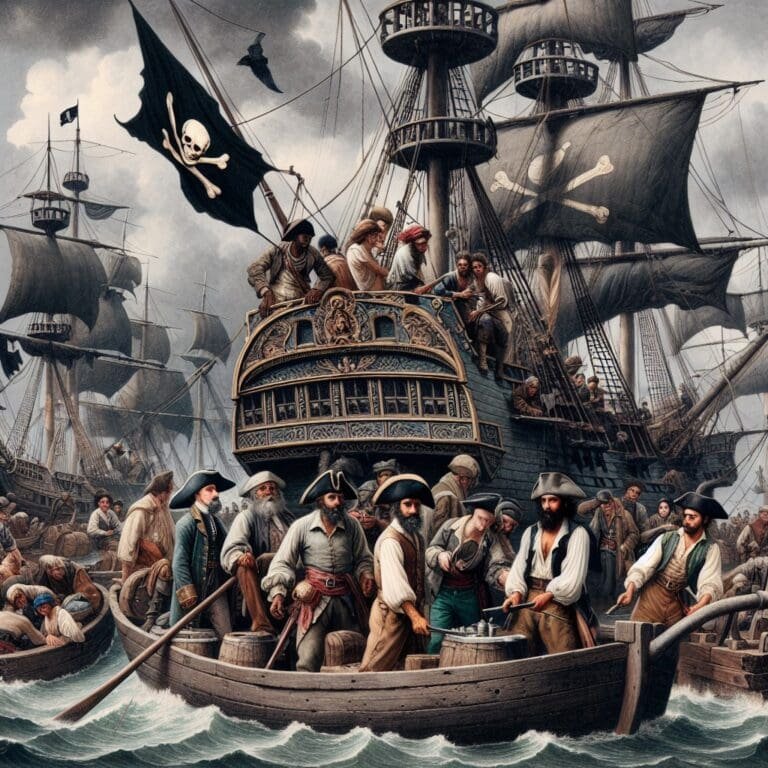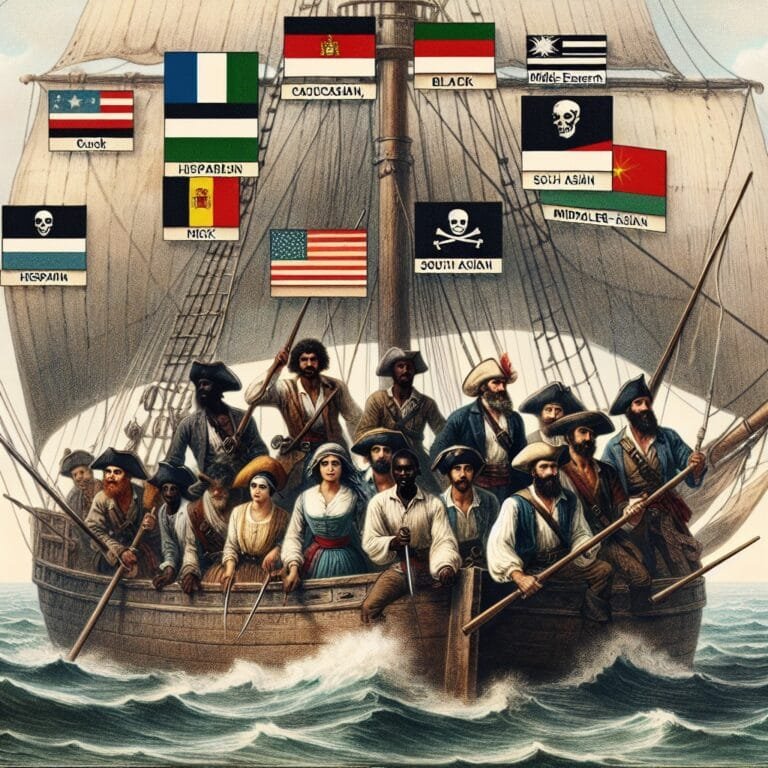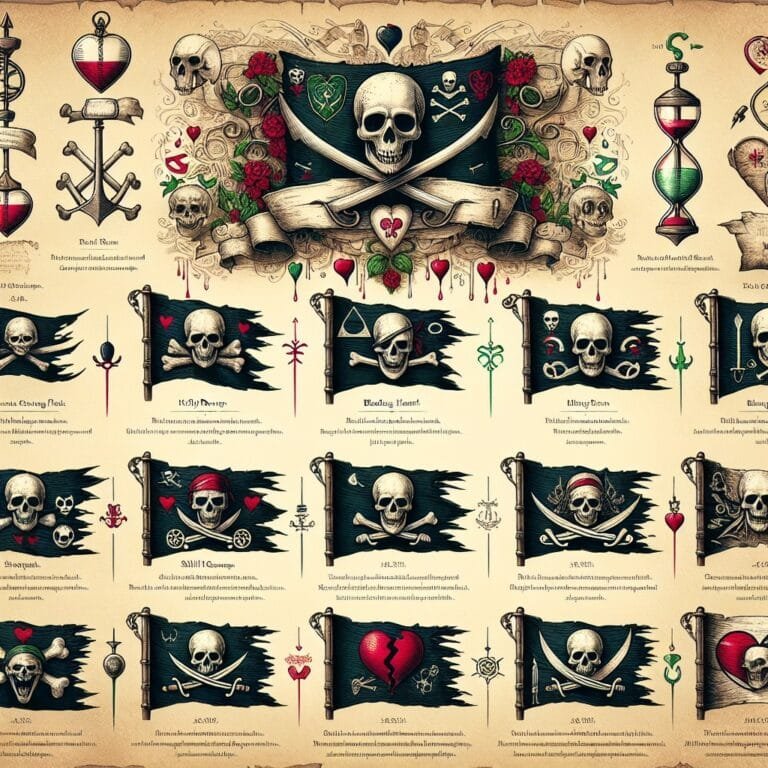## Pirate Funerals: A Glimpse into Mortality on the High Seas
The Golden Age of Piracy, spanning roughly from the 1650s to the 1730s, witnessed not only daring raids and buried treasure but also unique cultural practices, including elaborate funeral rites. While romanticized in popular culture, these ceremonies were a solemn affair, reflecting both the brutal realities of life at sea and the camaraderie forged among pirates.
Unlike typical land-based funerals, a pirate’s final send-off took place on the very vessel that served as their home. Atmosphere aside, shipboard funerals offered a stark reminder of the fragility of life in a world dominated by disease, danger, and violent conflict.
### Conducting a Sea Burial
The setting for a pirate funeral was often the open deck of the ship, a place inscribed with the scars of battle and the constant threat of the unforgiving sea. While rum flowed freely during most pirate gatherings, funerals called for a somber mood, punctuated by the rhythmic lapping of waves against the hull and the unspoken acknowledgement of mortality.
The deceased’s body was traditionally prepared as simply as possible and, in most cases, interred directly into the sea. In keeping with the practical nature of life at sea, elaborate coffins were rarely used. They were weighed down with stones or cannonballs to ensure a swift descent, and the final moment often accompanied by a mournful dirge, a mournful ballad, or a simple oath to remember their fallen comrade.
#### Tales Told, Memories Remembered
While mourning was evident, pirate funerals often incorporated elements of storytelling and reminiscence. Stories of the deceased’s daring exploits, victories, and even blunders were shared, preserving their memory through word of mouth and ensuring that their legend lived on among the remaining crew. This custom served both as a tribute and a crucial way to pass down knowledge and wisdom amongst the ranks.
Ceremonial Points:
* Location: The open deck of the ship.
* Atmosphere: Sobering, yet still imbued with a sense of camaraderie.
* Preparation: The body was simply prepared and weighted.
* Ritual: Traditionally, the body was committed directly to the sea.
* Storytelling: Tales of the deceased’s life, virtues, and mishaps were recounted.
Note: While the romanticized image of a “pirate burial at sea” persists, historical accounts reveal that these ceremonies were more somber and less theatrical than often portrayed.
By shedding light on these rituals, we gain a deeper understanding of the complex social dynamics and worldviews that shaped the lives of pirates during the Golden Age.











